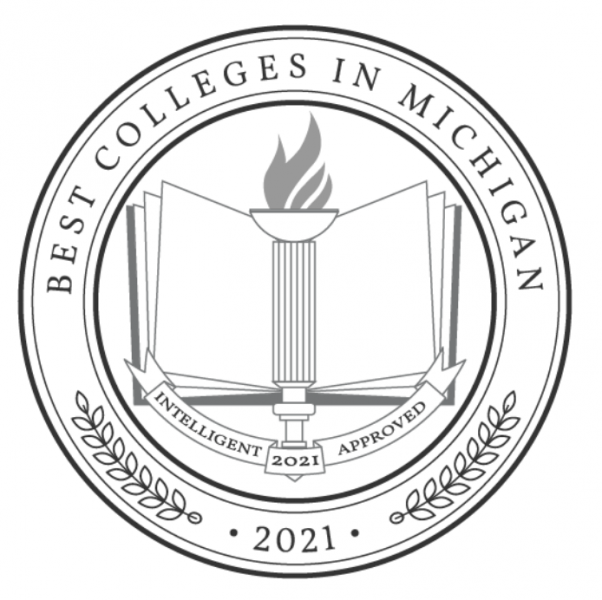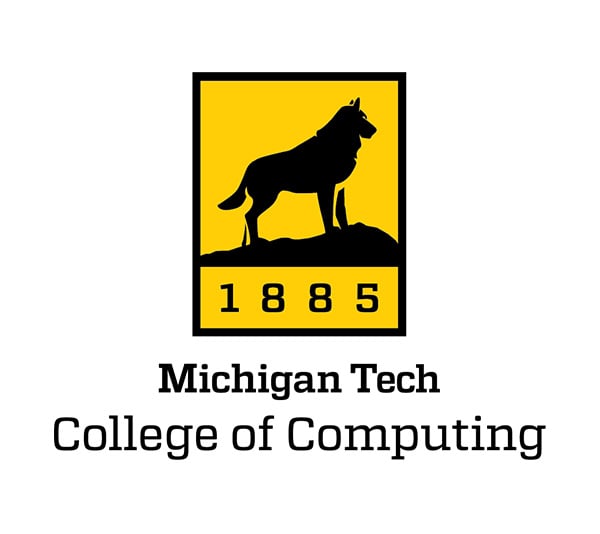Researchers at Michigan Tech have developed a machine learning model for detecting breast cancer from histopathology images — tissues and cells examined under microscope. The model can classify benign and malignant tumors from these images — and it can also evaluate the uncertainty in its predictions.
In their paper recently published in the journal IEEE Transactions on Medical Imaging, graduate students Ponkrshnan Thiagarajan and Pushkar Khairnar and Susanta Ghosh (ME-EM) outline their novel probabilistic machine learning model, which outperforms similar models.
By Kimberly Geiger, College of Engineering, June 8, 2021
Michigan Technological University has joined the Power Systems Engineering Research Center (PSERC) — a collaboration of university and industry members.
“We are very pleased to be members of PSERC, where our researchers can combine efforts with other members to creatively address key challenges in creating a modern electric energy infrastructure,” stated Janet Callahan, dean of Michigan Tech’s College of Engineering. “Michigan Tech will be the 13th university in the partnership, and will bring three new industry partners into PSERC,” she added.
Those partners are DTE, Consumers Energy and Hubbell. The full list of member universities is available on the PSERC website.
“The overall goal of joining PSERC is to catalyze transdisciplinary research by teaming up with other institutions and relevant industry partners for national grant competition,” said Chee-Wooi Ten, associate professor of electrical and computer engineering at Michigan Tech. Ten will serve as Michigan Tech’s PSERC site director.
Started as a National Science Foundation (NSF) Industry-University Cooperative Research Center (IUCRC), PSERC began in 1996 and was first led by Cornell professor Robert J. Thomas, and then Vijay Vittal of Arizona State University. Today PSERC is directed by Kory W. Hedman, professor of electrical and computer engineering at Arizona State University.

PSERC member expertise includes power systems, applied mathematics, complex systems, computing, control theory, power electronics, operations research, nonlinear systems, economics, industrial organization and public policy.
Michigan Tech brings much to the research collaborative, said Callahan, particularly in key areas of power systems engineering, social sciences and, most importantly, computing involved heavily in data science and cybersecurity. Cross-disciplinary interaction will be encouraged and expected, for example, with the University’s Department of Applied Computing where Ten holds an affiliated faculty position and where Hubbell is a member of the departmental industrial advisory board.
Membership in PSERC will enable Michigan Tech to apply for seed grants together with other PSERC universities. Ten envisions Michigan Tech faculty members submitting seed grant proposals annually. “PSERC membership will enable Michigan Tech to go beyond its traditional research boundaries,” he said. “Historically, power area research at Michigan Tech focuses on the metering of electrical loads met by generation. We’ll see more opportunities that involve the intersection of new cross-disciplinary areas.”
PSERC grants can also fund graduate student research, noted Callahan. “Any faculty member at Michigan Tech can submit proposals, but this is especially good news for assistant professors and other new faculty members seeking to establish a research program,” she said. “This aligns with our institutional Tech Forward initiatives and University vision to grow to 10,000 students, especially our graduate student population.”
Members of PSERC typically meet in person three times per year with the PSERC Industrial Advisory Board (IAB). This meeting provides a regular opportunity to build new and productive partnerships among faculty and students from other PSERC universities as well as with industrial partners.
“These meetings are unparalleled, a regular opportunity to meet and mingle with energy researchers from other PSERC institutions. We’ll be able to brainstorm and discuss possible collaborations,” said Ten. “I am also very pleased to work with Kory Hedman, the new director of PSERC.”
“While we are now part of the PSERC ecosystem that allows us to submit proposals, the work has only just begun,” Ten concluded. “I am looking forward to working with our PSERC members and creating value with Michigan Tech’s research strengths.”
View the original article here.
Michigan Technological University is a public research university, home to more than 7,000 students from 54 countries. Founded in 1885, the University offers more than 120 undergraduate and graduate degree programs in science and technology, engineering, forestry, business and economics, health professions, humanities, mathematics, and social sciences. Our campus in Michigan’s Upper Peninsula overlooks the Keweenaw Waterway and is just a few miles from Lake Superior.
by Allison Mills, University Marketing and Communications

A major challenge for fully autonomous vehicles is navigating bad weather. Snow especially confounds crucial sensor data that helps a vehicle gauge depth, find obstacles and keep on the correct side of the yellow line, assuming it is visible. Averaging more than 200 inches of snow every winter, Michigan’s Keweenaw Peninsula is the perfect place to push autonomous vehicle tech to its limits.
In two papers presented at SPIE Defense + Commercial Sensing 2021, researchers from Michigan Technological University discuss solutions for snowy driving scenarios that could help bring self-driving options to snowy cities like Chicago, Detroit, Minneapolis and Toronto.
The team includes Nathir Rawashdeh and doctoral student Abu-Alrub (CC) as well as Jeremy Bos and student researchers Akhil Kurup, Derek Chopp and Zach Jeffries (ECE).
Read more about their collaborative mobility research on mtu.edu/news.
This MTU news story was published by Science Daily, TechXplore, Knowridge Science Report and other research news aggregators.
Two recent rankings place Michigan Tech among elite colleges and universities on both the state and national level.
Michigan Tech was rated #2 on the list of the Best Accredited Online Colleges in Michigan by EDsmart. The ranking service assesses online colleges in Michigan based on data that covers cost, academic quality, student satisfaction and salary after attending.
Michigan Tech was ranked #13 on the list of the 50 Best Value Public Colleges in America by Stacker. The ranking included only public, four-year colleges and weighed the cost of tuition with each school’s acceptance rate, quality of professors, diversity and the median earnings for alumni six years after graduation.

Several Michigan Tech College of Computing degree programs have been ranked among the best in the nation by Intelligent.com. In addition, the research guide ranked the University number three among all colleges in Michigan.
Intelligent.com looked at nearly 2,300 accredited colleges and universities nationwide making evaluations based on curriculum quality, graduation rate, reputation and post-graduate employment. Programs were evaluated on a scale of 0 to 100 with Michigan Tech making it to the final list for 12 separate degree programs.

The four College of Computing programs and their national ranking as rated by Intelligent.com are:
Additional Michigan Tech degree programs included in the ranking are:
- Master’s in Civil Engineering Degree Programs — #4
- Marketing Degree Programs — #5
- Sports Management Degree Programs — #8
- Sports Medicine Degree Programs — #20
- Master’s in Mechanical Engineering Degree Programs — #22
- Master’s in Electrical Engineering Degree Programs — #25
- Master’s in Science Education Degree Programs — #26
- Master’s in K-12 Education Degree Programs — #43